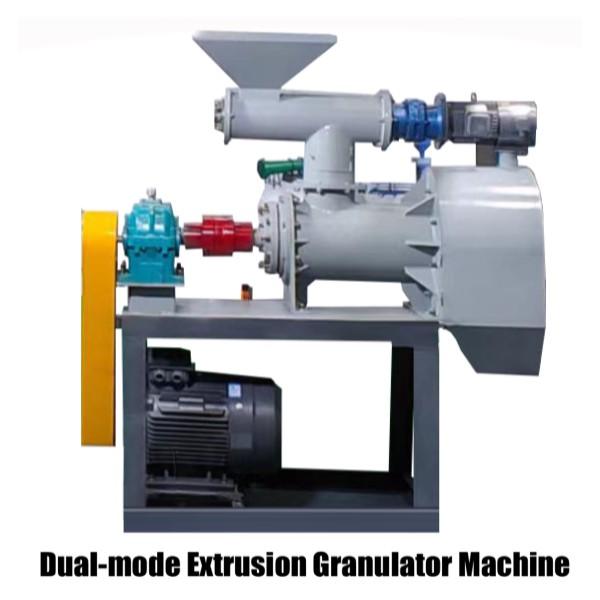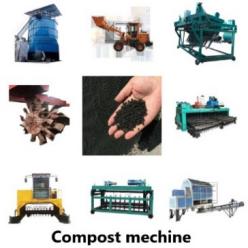Cow dung pellet making machine
A cow dung pellet making machine is a specialized equipment designed to transform cow dung, a common agricultural waste material, into valuable cow dung pellets. These pellets offer numerous benefits, such as convenient storage, easy transportation, reduced odor, and increased nutrient availability.
Significance of Cow Dung Pellet Making Machines:
Waste Management: Cow dung is a byproduct of livestock farming that, if not properly managed, can pose environmental challenges. Cow dung pellet making machines provide a sustainable solution by efficiently processing cow dung into useful pellets, reducing waste accumulation and minimizing its impact on the environment.
Value Addition: Cow dung pellets are an excellent source of organic fertilizer, rich in essential nutrients such as nitrogen, phosphorus, and potassium. By converting cow dung into pellets, farmers and gardeners can enhance the value of this waste material and utilize it as a valuable resource for soil enrichment.
Convenient Storage and Transport: Cow dung pellets have a compact and uniform shape, making them easy to store and transport. Unlike raw cow dung, which requires large storage spaces and can be difficult to handle, pellets can be conveniently stored in bags or containers, optimizing space utilization and reducing logistical challenges.
Odor Control: The pelletization process of cow dung helps reduce the strong odor associated with raw dung. The compacted and pelletized form minimizes odor emissions, making it more manageable to handle and use the cow dung pellets without causing discomfort or nuisance.
Working Principle of Cow Dung Pellet Making Machines:
Cow dung pellet making machines typically involve a series of steps, including drying, pulverizing, mixing, pelletizing, and cooling. First, the cow dung is dried to reduce its moisture content, enhancing the efficiency of subsequent processes. Then, it is pulverized into fine particles to facilitate uniform mixing. Next, the pulverized dung is mixed with binders or additives, if necessary, to improve pellet quality. The mixture is fed into the pelletizing chamber, where it is compressed and shaped into pellets under high pressure. Finally, the newly formed pellets are cooled, screened, and collected for packaging and distribution.
Advantages of Cow Dung Pellets:
Nutrient-Rich Fertilizer: Cow dung pellets contain valuable nutrients that support plant growth and soil health. They provide a slow-release source of organic matter, promoting balanced nutrition and enhancing the soil’s fertility and structure.
Weed and Pest Control: The heat generated during the pelletization process helps kill weed seeds and pathogens present in cow dung, reducing the risk of weed growth and plant diseases in the field.
Controlled Application: Cow dung pellets enable precise and controlled application of fertilizer, ensuring even distribution and preventing over-application. This allows farmers and gardeners to optimize nutrient utilization and minimize environmental impacts.
Versatile Usage: Cow dung pellets can be used in various agricultural applications, including crop cultivation, gardening, landscaping, and horticulture. They can be easily blended with soil, incorporated into potting mixes, or applied as top dressing, providing a sustainable and eco-friendly approach to plant nutrition.
Cow dung pellet making machines offer a practical and efficient solution for converting cow dung into valuable cow dung pellets. By transforming waste into a valuable resource, these machines contribute to waste management, value addition, and sustainable agriculture practices. Cow dung pellets provide a nutrient-rich fertilizer, offer convenient storage and transport, control odor, and enable precise application. Utilizing cow dung pellets helps farmers, gardeners, and agricultural enthusiasts maximize the benefits of cow dung while minimizing its environmental impact.







.jpg)
